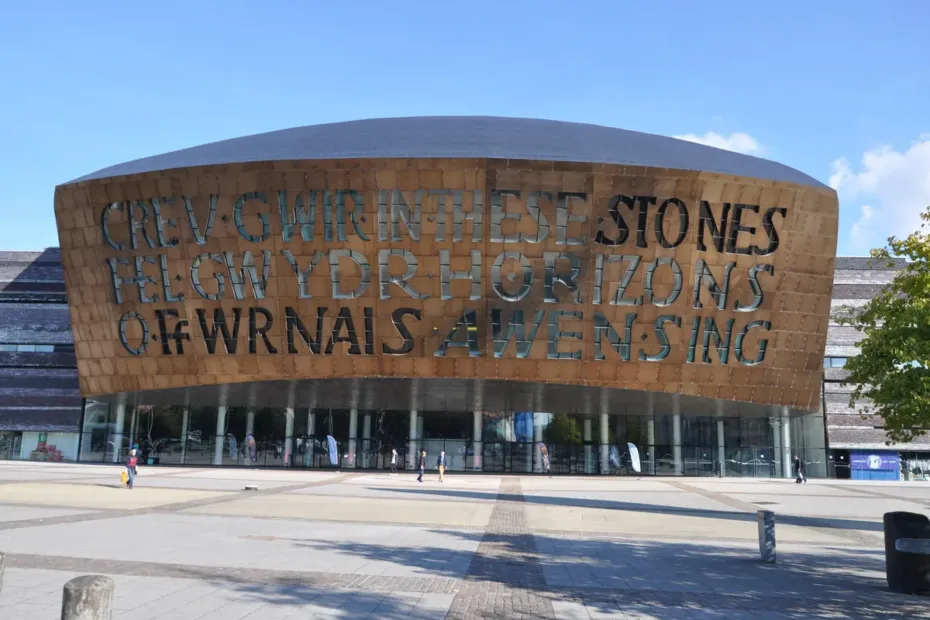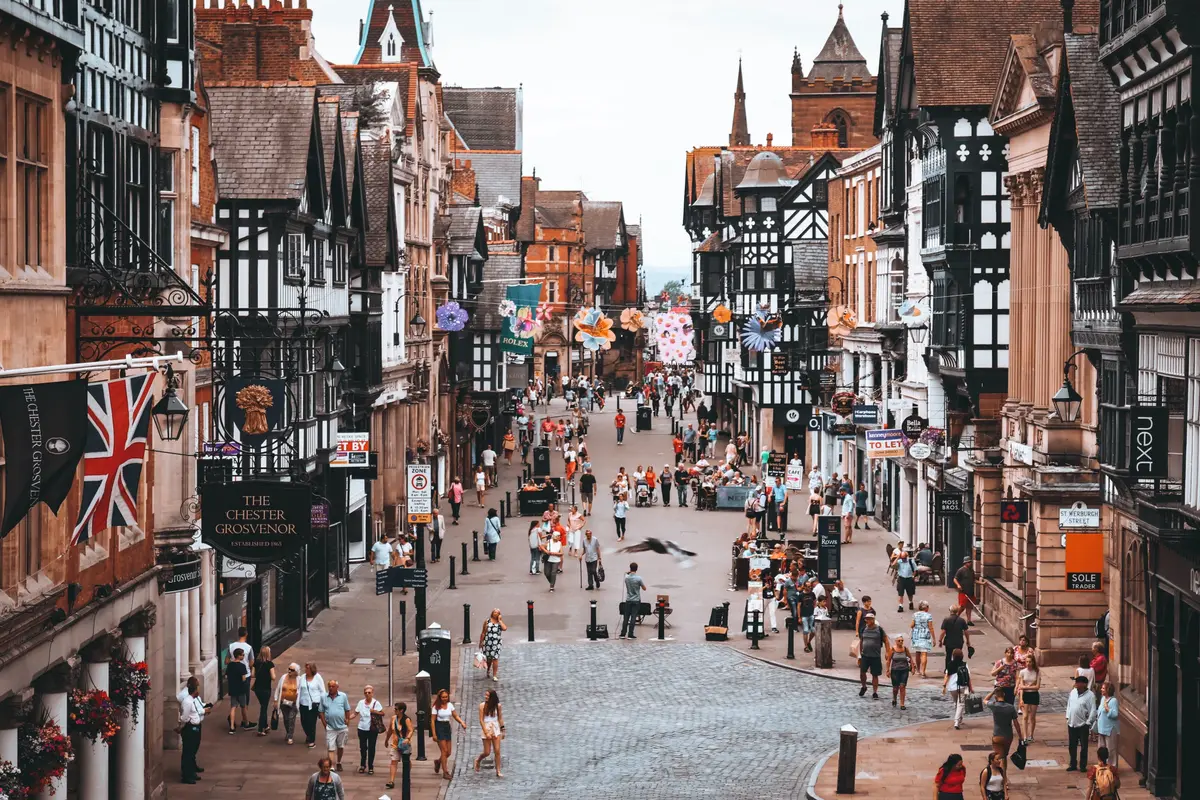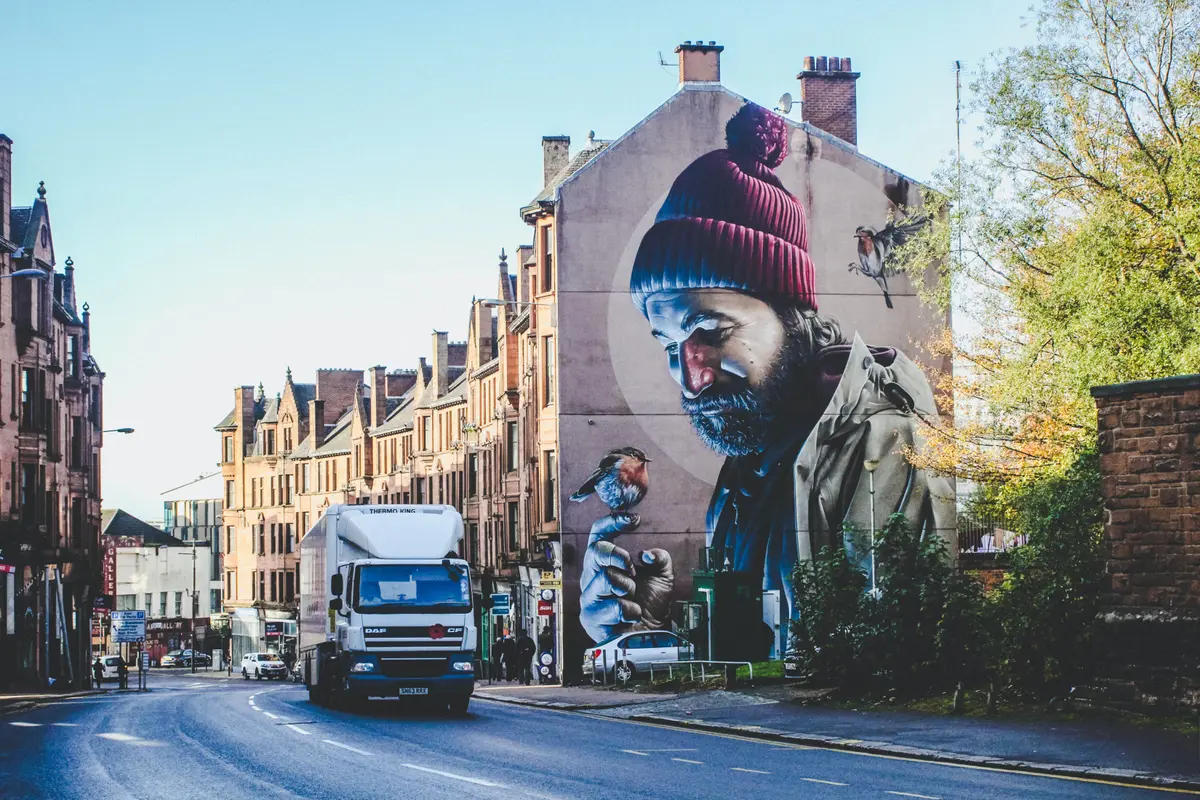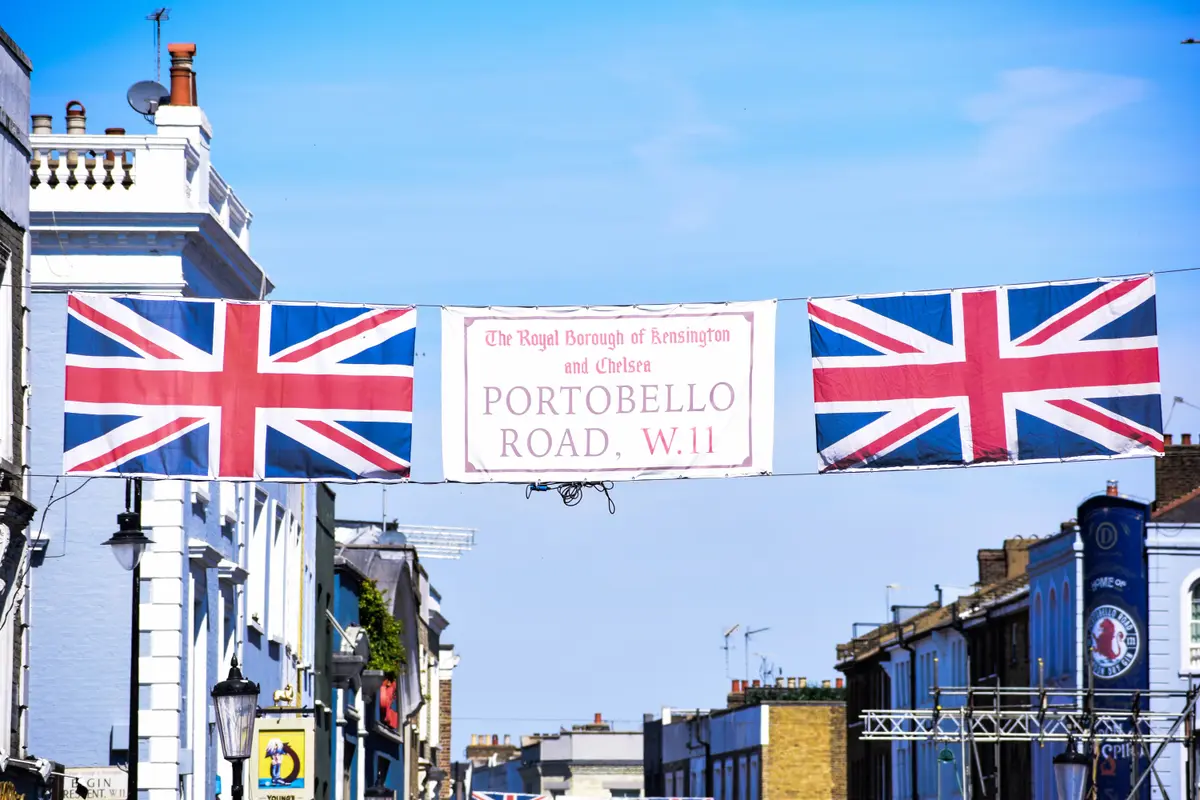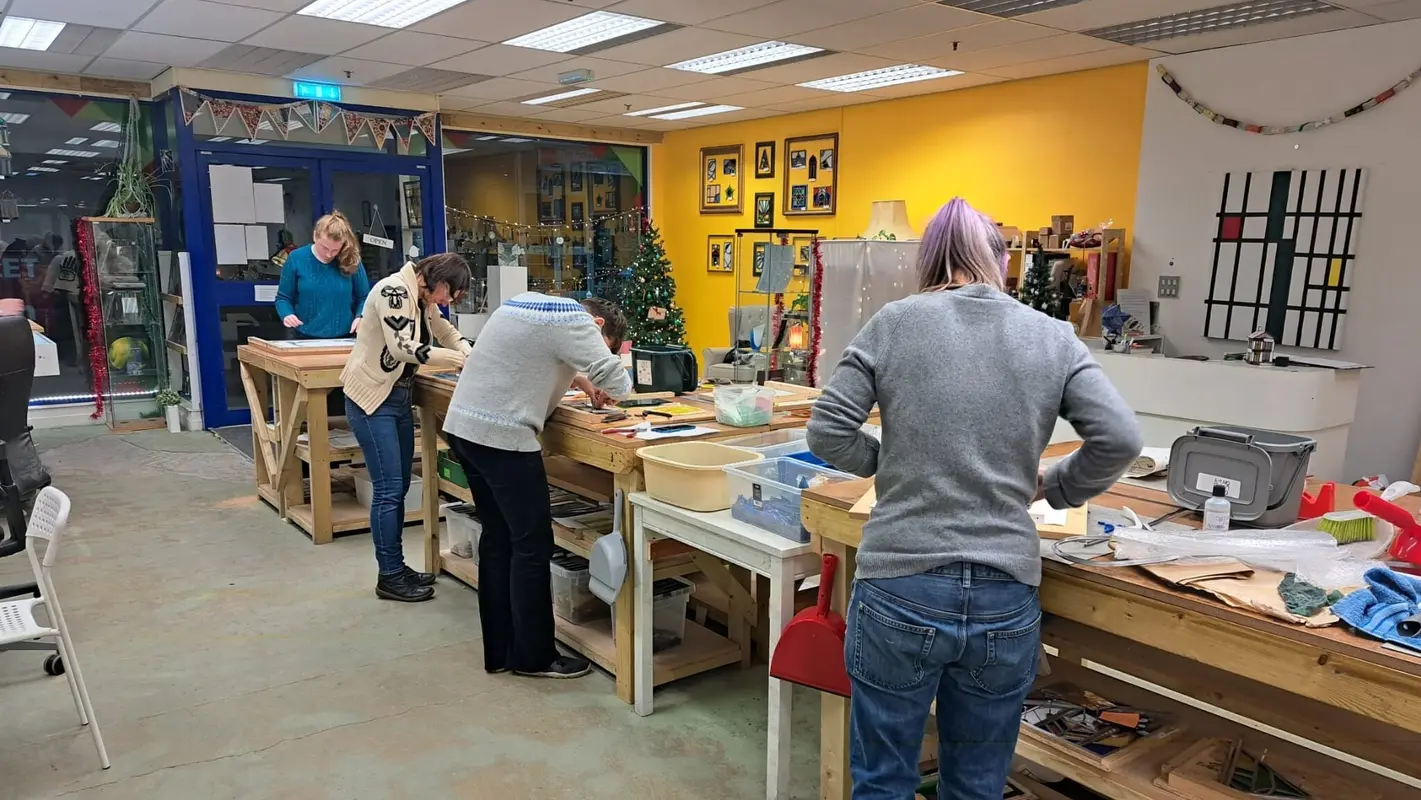Universities are important for driving growth in their local creative industries. At the same time, the creative industries is one of the fastest growing sectors of the economy, and in many places offers opportunities for creating new high quality jobs and developing local skills.
This paper explores the relationship between higher education institutions and the creative industries by comparing two different areas, the West Midlands Combined Authority and the Cardiff Capital Region.
The authors identify a significant skills shortage in both areas which is holding the creative industries, and the wider economy back. They also found that higher education is increasingly relied upon by national policy makers to improve skills in their regions, a role that was previously assigned to industry.
This over-reliance on higher education has put pressure on universities to deliver in many different areas, from innovation and R&D to upskilling the local workforce. With responsibility for higher education lying with the Department for Education, but business growth and innovation sitting within the Department for Business, Energy and Industrial Strategy, there is also fragmentation at the national policy level.
The authors conclude that higher education institutions are being ‘pulled in too many directions’, with more pressure coming from the ongoing fall out from Covid-19 and a post-Brexit shortage of skilled workers.
_________________________________
Thumbnail image by Korng Sok on Unsplash and hero image by Charlie Seaman on Unsplash
Related Discussion Papers
Demand for Creativity and AI Skills in the Post-ChatGPT Labour Market
This study examines the evolving relationship between employer demand for creativity and AI skills i…
Regional Trade Agreements, Cultural Provisions and Trade in Cultural Goods
Analysing the impact of Regional Trade Agreements on the bilateral trade of cultural goods from 1999…
International Trade Challenges and the Effectiveness of Support Measures for the UK’s Creative Industries
The formidable challenges confronting the UK’s creative industries in the realm of exports, st…
Northern England’s Creative Industries
The Creative Industries are already a driver of growth across the UK economy. Export-intensive and m…
Creative Destruction? Creative firms, workers and residential gentrification
A new study by Tasos Kitsos, Max Nathan, and Diana Gutierrez-Posada finds only a minor influence of …
Speaking with One Voice
A fundamental remit of the BBC, and other public service broadcasters (PSBs) like ITV and Channel 4,…
Transitioning to Sustainable Production across the UK Theatre Sector
This discussion paper examines transitional pathways to sustainable theatre production in the UK. By…
Identifying and analysing UK fashion micro-clusters
The UK’s Fashion and Textiles industry contributed almost £20 billion to the UK economy in 202…
Net Zero as a catalyst in fashion micro and small enterprises
This report identifies examples of work taking place across three levels of change – social, e…
The Motives of Inbound Foreign Direct Investors in the UK Creative Industries
The UK’s creative industries have a global reach. British arts, technology, and design are internati…
Brexit uncertainty and international trade in services: Evidence from the UK creative industries 2014-2019
This discussion paper is based on one of the first studies to look at the impact of Brexit on the Cr…
Working Together – Cooperatives as a creative industry business model
This authors looks at how creative workers and students typically understand cooperatives, explore t…
